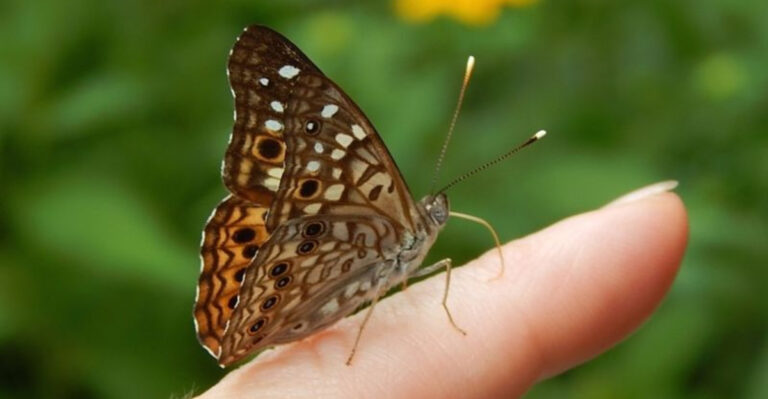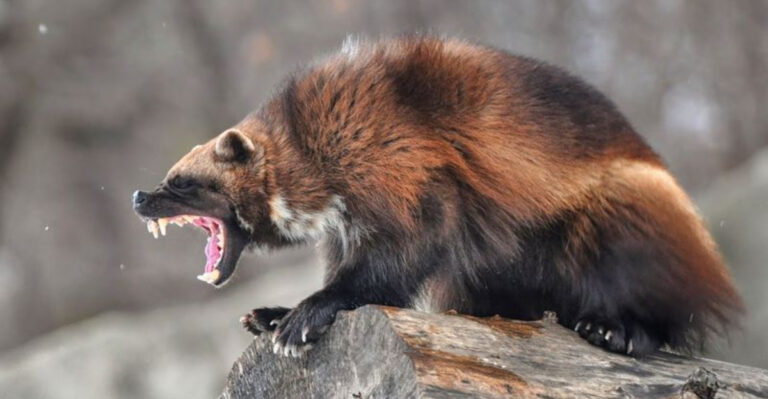17 Dog Breeds Facing Serious Inbreeding Challenges
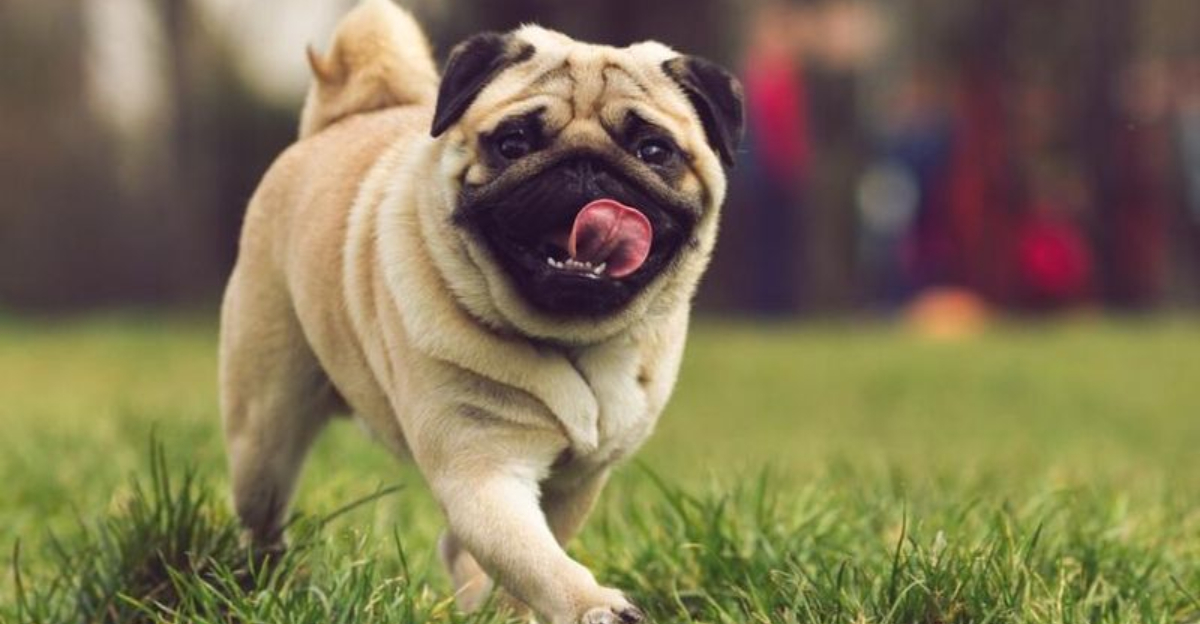
In the world of wagging tails and playful barks, some dog breeds are facing an unexpected challenge.
While dogs are often celebrated for their diversity, certain breeds are grappling with serious inbreeding issues that you wouldn’t believe.
These challenges aren’t just about appearance; they can impact health, behavior, and overall well-being.
1. Bulldog
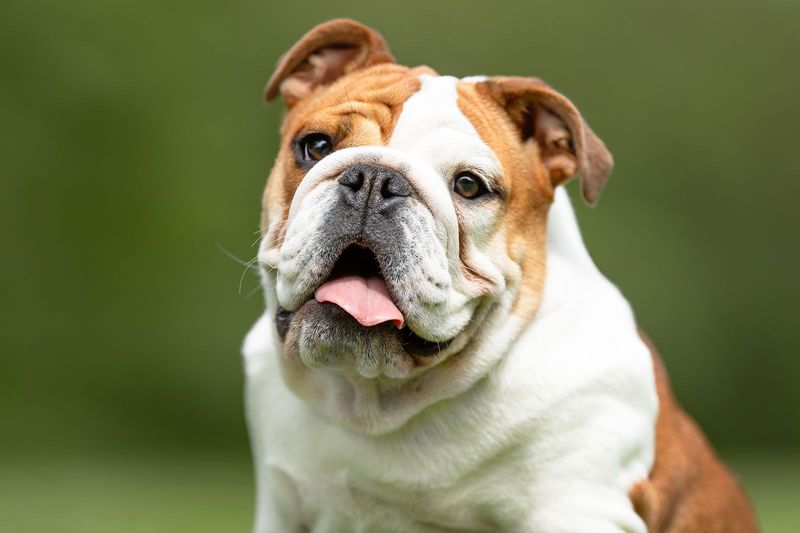
Who would have thought that a face full of wrinkles could be so charming? Bulldogs, with their distinctive features, are adored worldwide. But their cuteness comes at a cost.
Due to inbreeding, these lovable companions often face respiratory problems. The struggle is real, but their playful nature never fails to bring smiles.
Ever imagined a world where snoring is music to the ears? That’s a Bulldog for you! If you’re thinking of adopting one, prepare for snuggles and snores in abundance.
2. Dachshund

With a body like a sausage on legs, Dachshunds are the comedians of the canine world.
Their playful antics make them a favorite, but their genetics tell a different story. Inbreeding has led to spinal problems, making their long backs a point of concern.
Despite the challenges, their spirit is unbreakable. If you plan on owning one, be ready for endless adventures and a bit of extra care to keep their backs healthy and strong.
3. Pekingese
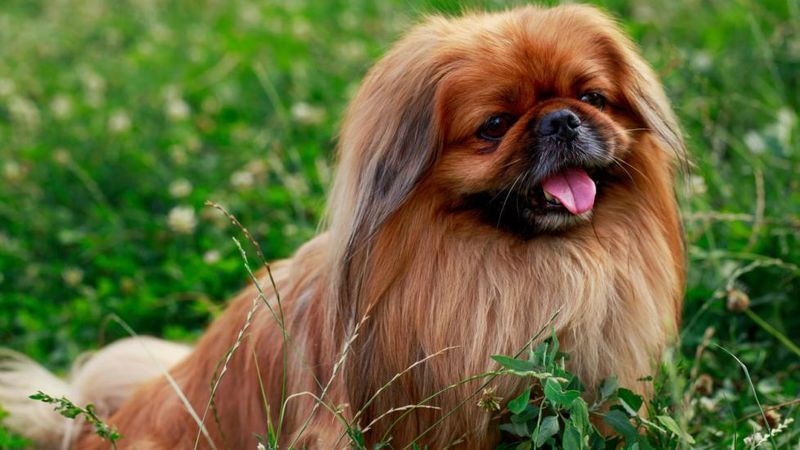
Majestic and small, Pekingese are the royals of the dog world. Their lion-like appearance and noble demeanor are captivating, but their genetic lineage poses risks.
Inbreeding has led to breathing difficulties and eye problems. These fluffy companions require extra pampering.
Owning a Pekingese means embracing their royal quirks and the extra care that comes with them. Their loyalty is unparalleled, making the effort worthwhile for those who cherish their unique charm.
4. French Bulldog
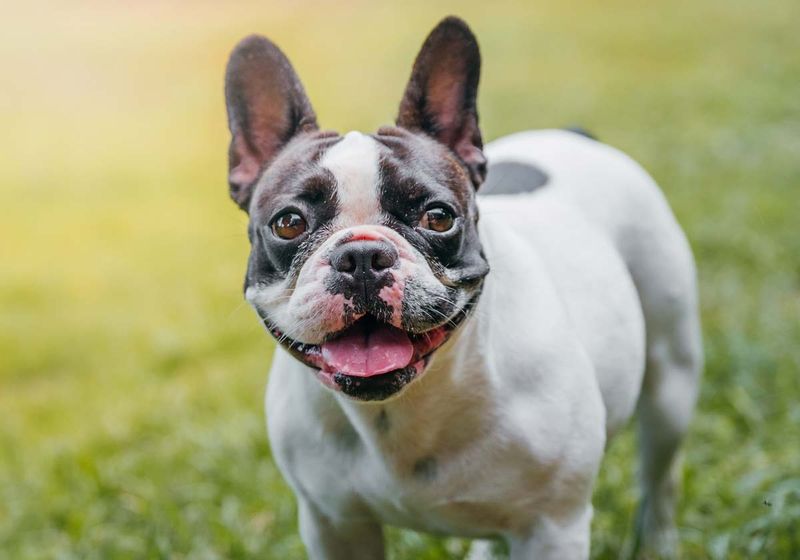
Who can resist those bat-like ears and curious eyes? French Bulldogs are city dwellers’ favorite, but their compact size hides genetic complexities.
Inbreeding has resulted in breathing issues and joint problems.
Despite this, their lovable nature wins hearts around the globe. If you’re considering one, expect a companion with endless charm and a need for a bit of special attention.
5. German Shepherd
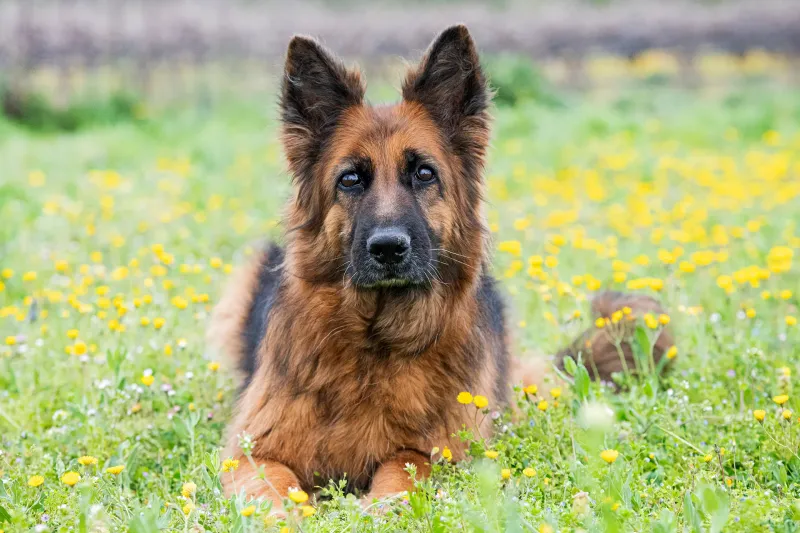
Strong, intelligent, and loyal, German Shepherds are heroes in the animal kingdom. Yet, their noble lineage has its drawbacks. Inbreeding has contributed to hip dysplasia, impacting their agility.
These majestic dogs require care and attention to maintain their health. If you’re up for the challenge, a German Shepherd will reward you with unparalleled loyalty and companionship.
They are the perfect partner for those who value strength and spirit.
6. Boxer

Boxers are bundles of energy, always ready for playtime. Their muscular build and charming personality make them a delight, but their genetics are a mixed bag.
Inbreeding has led to heart issues, requiring attentive care. This doesn’t dampen their playful spirit, though. If you love an active lifestyle, a Boxer might be the perfect match.
Their energy and affection are endless, and their companionship is rewarding, making them worth every heartbeat.
7. Cavalier King Charles Spaniel
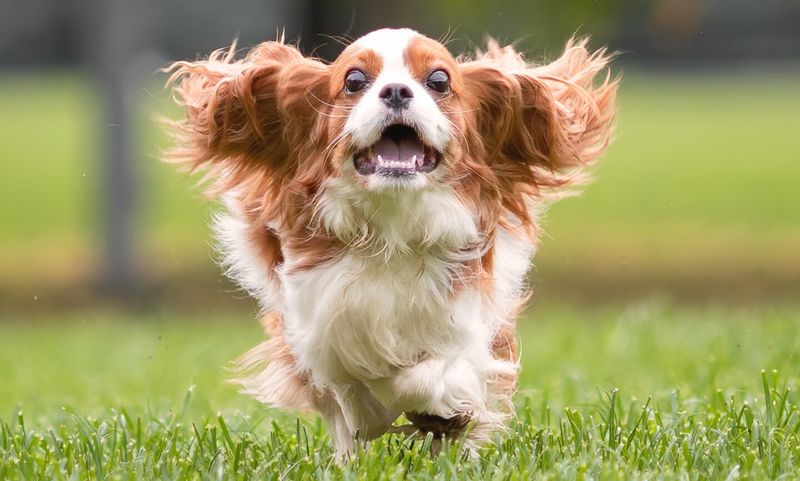
With eyes that can melt hearts, the Cavalier King Charles Spaniel is the epitome of affection. However, those soulful eyes conceal genetic concerns.
Inbreeding has resulted in heart problems that need monitoring. Despite this, their loving nature remains intact. Anyone who welcomes one into their home will find a loyal companion who thrives on cuddles.
Their gentle demeanor and loving presence make them a cherished addition to any family.
8. Labrador Retriever
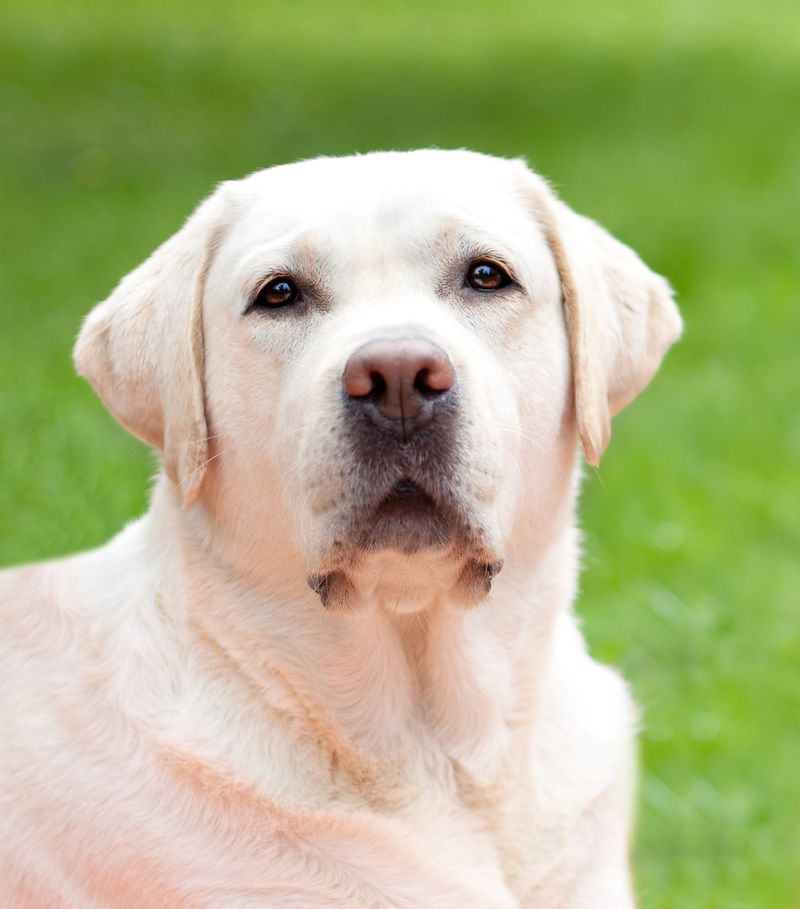
Labradors are the happy-go-lucky companions everyone adores. But even their joyous spirit faces challenges due to inbreeding. Genetic concerns include hip and elbow dysplasia.
These playful dogs require careful monitoring, but their loyalty and love are unwavering. For those who embrace an active lifestyle, a Labrador is the perfect partner.
They bring joy, energy, and a wagging tail to every adventure, making life a little brighter.
9. Shar-Pei
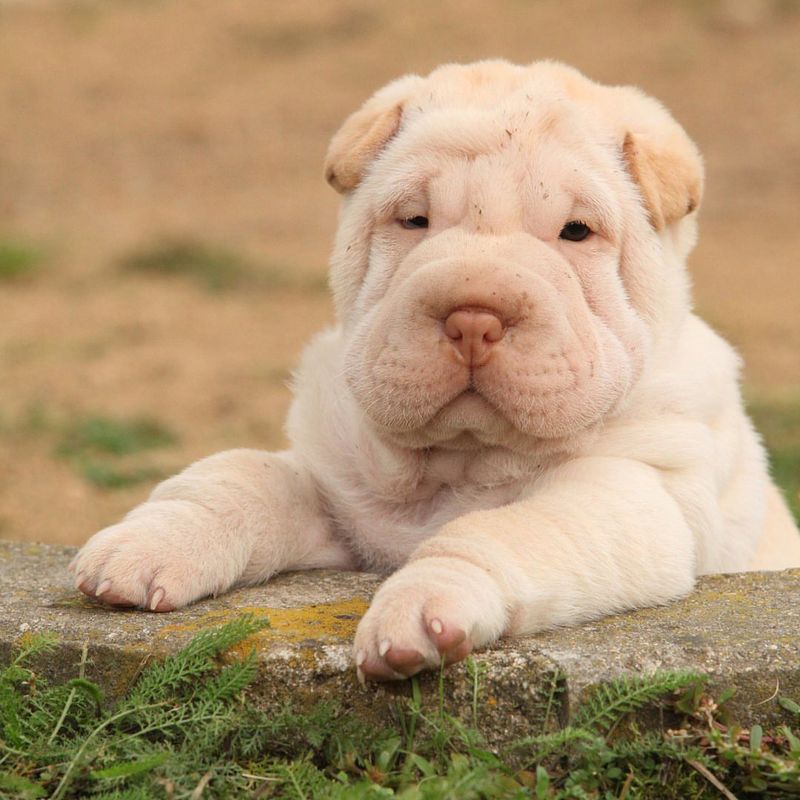
With a face full of wrinkles, the Shar-Pei is an endearing sight. Their unique appearance is captivating, yet it comes with genetic hurdles. Inbreeding has led to skin and eye issues, requiring careful attention.
Despite this, their loyalty knows no bounds. If you appreciate a dog that’s both independent and loving, the Shar-Pei is a great choice. They bring a sense of calm and companionship that’s truly special.
10. Dalmatian
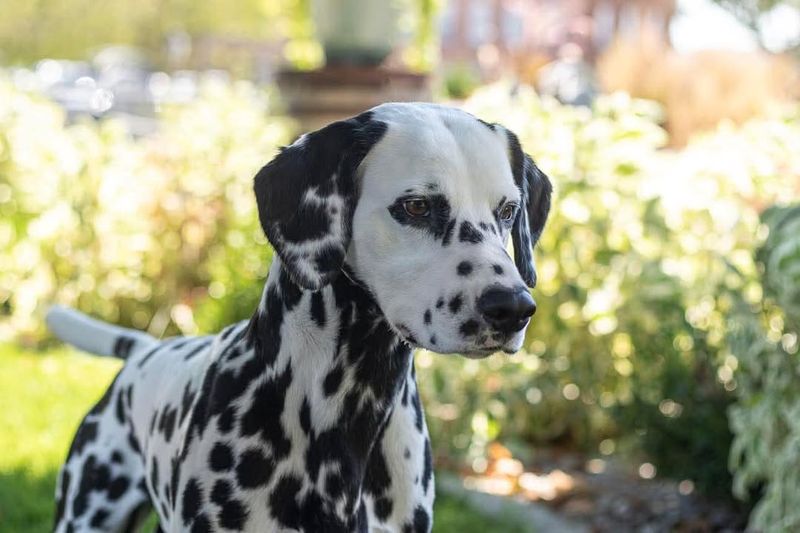
Dalmatians, with their iconic spots, are like living works of art. But behind the stunning exterior, genetics play a tricky game. Inbreeding has led to hearing issues and unique health challenges.
Despite this, their playful spirit remains unshaken. If you’re ready for a mix of elegance and energy, a Dalmatian might be your match.
They bring a touch of artistry to everyday life and a playful spirit that never fades.
11. Beagle

Beagles are the detectives of the dog world, always on the scent trail. Their inquisitive nature is infectious, but their genetics can be a puzzle. Inbreeding has led to hip dysplasia and epilepsy concerns.
Their energy and curiosity demand attention and love. If you enjoy an active, engaging companion, a Beagle will keep you on your toes. They bring joy, laughter, and a nose for adventure wherever they go.
12. Shih Tzu

The Shih Tzu, with its flowing coat, is a little bundle of charm. These loyal companions are adored for their affectionate nature, but inbreeding poses unique challenges.
Breathing and eye issues can occur, needing special care. Despite this, their love and companionship are unmatched.
If you seek a devoted friend who adds elegance to your life, the Shih Tzu is a gem. Their presence brings warmth and affection to any home.
13. Rottweiler
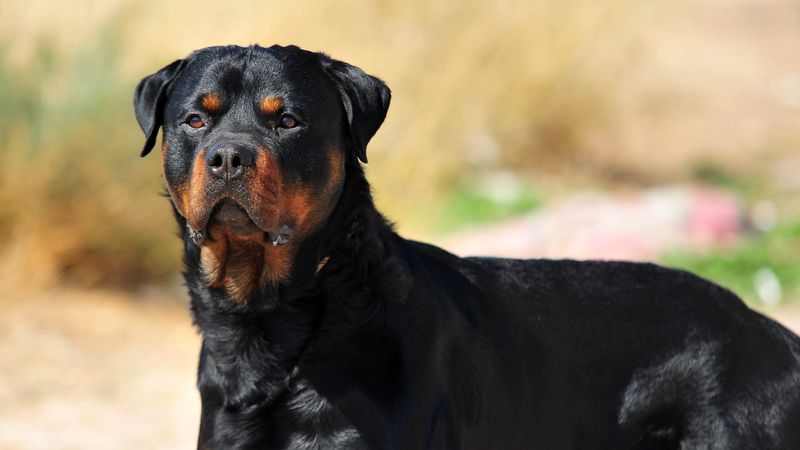
Rottweilers, with their robust build, are protectors at heart. Their strength and intelligence are admirable, but inbreeding has led to health concerns like hip dysplasia.
Despite this, their loyalty is unwavering. If you’re looking for a guardian who’s as loving as they are strong, a Rottweiler is your companion.
They offer protection, friendship, and a bond that’s truly special. Their presence is both comforting and commanding.
14. Cocker Spaniel
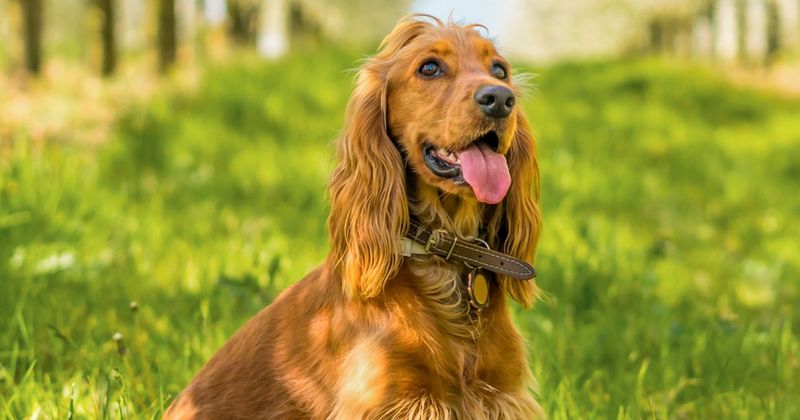
Cocker Spaniels are joyful companions, their wagging tails a testament to their happiness. However, genetic challenges due to inbreeding include ear and eye issues.
Despite this, their joyful nature remains intact. Anyone who loves a playful, affectionate friend will adore a Cocker Spaniel.
They bring joy and happiness with every wag of the tail. Their presence is a constant reminder of the simple pleasures in life.
15. Pug
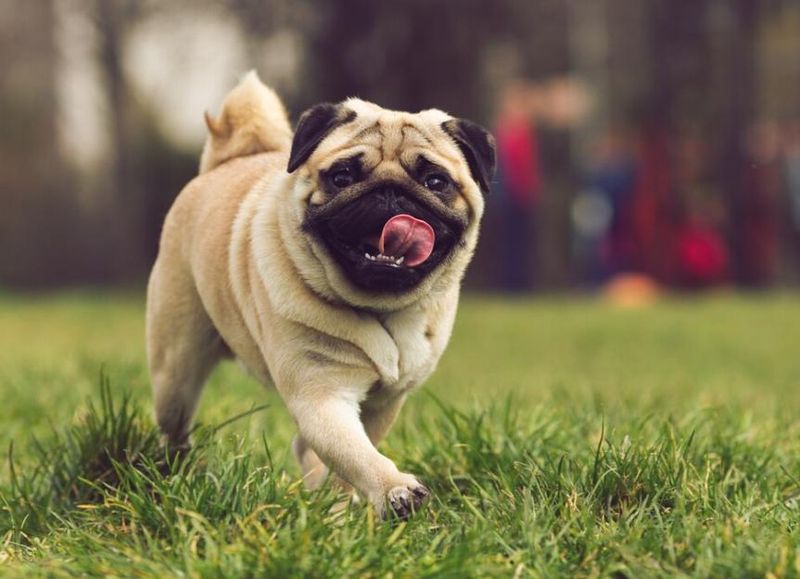
Pugs, with their adorably squished faces, are the clowns of the dog world. Their playful antics are a delight, but inbreeding brings breathing and eye issues.
They bring laughter, love, and a touch of mischief to any home. Their presence is a bundle of joy.
16. Chow Chow
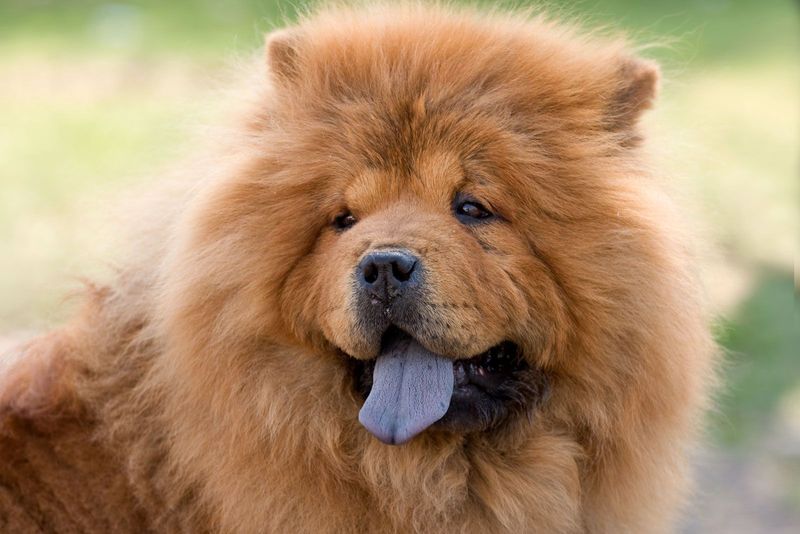
Chow Chows, with their lion-like manes, exude an aura of majesty. Their distinct appearance is captivating, but inbreeding poses risks like hip dysplasia.
Despite this, their loyalty and independence are unmatched. If you value a companion who’s both regal and loving, a Chow Chow is a great choice.
They bring a sense of pride and companionship that’s unique and rewarding.
17. English Mastiff

English Mastiffs, with their massive size, are gentle giants. Their calm demeanor is soothing, but inbreeding has led to heart and joint issues.
They offer protection, warmth, and a bond that’s as large as their presence. Their company is both comforting and memorable.




